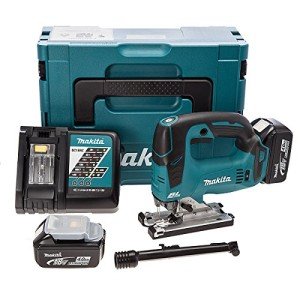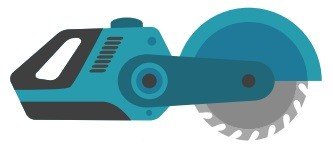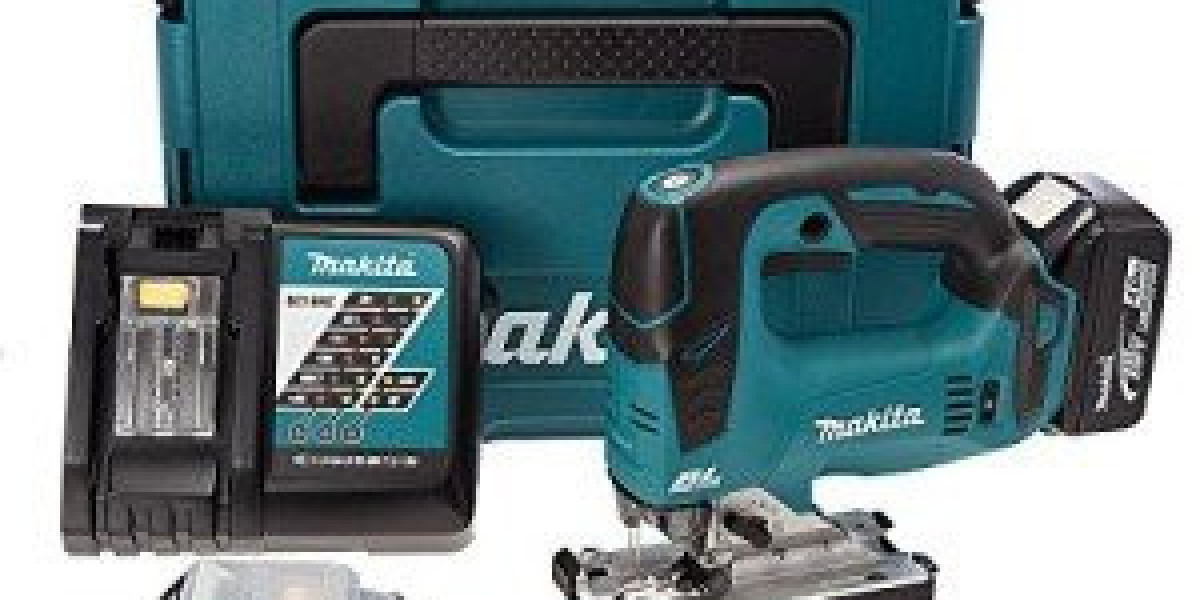 Power Tools Basics - Why You Shouldn't Buy the Wrong Ones
Power Tools Basics - Why You Shouldn't Buy the Wrong OnesWhether you're an experienced professional or a beginner DIYer, having the right power tools can make all the difference. Finding the right tools for your needs is difficult with so many options available.
 Many factors must be considered before making a purchase, such as price, features wanted, and warranty programs. Utilize this buyer's guide to make an informed decision that is within your budget and needs.
Many factors must be considered before making a purchase, such as price, features wanted, and warranty programs. Utilize this buyer's guide to make an informed decision that is within your budget and needs.Cheap or low-quality alternatives
Power tools are crucial for a myriad of projects. But they can also cause frustration and waste, as well as danger if you buy the incorrect ones. It's often difficult to pick the right power tool, particularly with so many options.
To get the most value out of your power tools, it is important to select a trusted brand with a solid track of performance. It is important to research and read reviews to see how well they hold up and which ones are the most durable. Also, check the warranty coverage to see if it is generous.
Power tools with higher-end quality are usually more expensive than their cheaper counterparts, however they'll last longer and deliver better results. It's a good investment if you're planning on using them often.
You can locate a top-quality power tools at a low cost by buying secondhand or refurbished tools. Start by searching marketplaces on the internet like Craigslist or Facebook Marketplace. However, it is crucial to check the tool carefully before buying. You may also find bargains at local garage sales and estate sales. Be sure that the equipment is in good order and compatible with the type of battery you like.
You can purchase power tools through a retailer who offers a rewards program. This can save you money in the long run and help you build up your tool collection more quickly. Many retailers offer discounts for the holidays and for new customers, as well as reward programs.
Not last, you should look at the reputation and the history of innovation of the manufacturer. Established brands are more likely than the newer brands to provide reliable customer service and guarantee their products. Look for features that benefit you, such a a longer warranty, or a broad selection of products.
Some of the most popular power tools for DIYers include Dewalt, Ryobi, Bosch, Makita, and Ridgid. Dewalt's cordless tool is highly regarded, thanks to its Power Stack pouch cells and the innovative Power Detect feature. These tools are popular, but they aren't as durable as high-end ones made by other manufacturers.
Buying the Wrong Tool for the Job
Power tools are useful for a range of jobs at home and in projects. They can increase efficiency accuracy, precision and safety. They can be dangerous if are used improperly. A tool that is not suitable for a specific task can have a variety of effects, from injuries and fire hazards to wasting materials and poor results. To avoid these pitfalls it is essential to familiarize yourself with the fundamentals of power tools such as how to purchase and store them efficiently.
A power tool is a hand-held device that's powered by an electric motor to perform tasks such as drilling holes cutting through materials or sanding surfaces smooth. Power tools can be powered by cords or cordless, and come with various accessories such as drill bits and sanding disks. Some tools have a built-in battery that boosts the power and speed. This allows the tool to run for longer periods without needing to recharge.
It is essential to purchase power tools from trusted brands, which are known for their durability and quality. Select models with a sturdy construction and good battery life. These include models from Makita and Bosch. Also, make sure to buy the right accessory and safety equipment, like gloves, goggles and ear plugs according to the job you're working on.
Place your power tools in a safe place far from moisture and extreme temperatures. Using a toolbox, cabinet or pegboard is a good option since you can keep them organised and easily accessible when you need them.
Choosing the right power tool for the job is a vital aspect of workplace safety and productivity and ensuring that you get the most out of your investment, and achieve excellent results. Unfortunately, many people end up buying the wrong tool for the job due to lack of awareness, lack of knowledge or a lack of experience, but this can have dire consequences. The following ten power tools mistakes should be an illustration of the dangers of making them.
The wrong brand to buy
In addition to compromising safety and quality, purchasing the wrong power tools can cause additional costs later on. If the project requires the basic drill or an advanced cordless tool, low-quality or inexpensive options could cost more in terms of repair costs, replacement parts, and upgrades. Also, purchasing the wrong tool could negatively impact the value of resales and make it more difficult to sell down the line.
The choice of what power tools to purchase is a daunting decision for many DIY and home improvement enthusiasts. The Home Depot, Lowe's or Amazon can be overwhelming with so many options. It's easy to feel confused and undecided. There are some power tools that are essential for everyone (power drills), but if you are more than a hobbyist or someone who is involved in home improvement projects frequently you'll require more specialized equipment. This is where the best brand of power tools can make all the difference.
When selecting power tools for resales it is important to select brands that have a proven track record of durability and performance and Powertoolsonline.uk a high demand for their products on the market. This means that for the majority of people, they should avoid cheaper options because they are more likely to fail, overheat or cause injury. You should consider the higher-end equipment, which are more expensive, but offer the best combination of features, reliability, and capabilities for both professional and amateur users.
There are a lot of options available but it's important to keep up-to-date with new product releases and technological advancements when you choose the right tools for your inventory. You'll be able to create an inventory that is able to meet the ever-changing needs of the market, while ensuring a high demand and resale value to your business.
It's also important to keep in mind that some power tool brands are only sold in specific places, or on the internet. If you're looking for DeWalt, Dremel, Black + Decker, Ryobi, or other major brands, make sure you shop at the official retailer to ensure that your purchase is a new, authentic power tool backed by a manufacturer warranty.
Buying the wrong battery
Power tools can be speedy Gonzales mode, zipping through tasks faster than you could say "Bob's your uncle." But when it is battery-related an unwise choice could spell disaster. There are several reasons to choose a name-brand batteries, such as better performance, longer life and lower replacement costs.
A cheap battery might not be able to provide enough power for the task to be completed. It could also result in irregular operation or malfunctions like inability to charge, or fires or explosions. Some of these issues can be fixed by proper charging and storage while others will require a replacement. The wrong battery type can cause a device to malfunction or shut off when in use, which can lead to wasted time and frustration.
Batteries come in a range of amperages and voltages from the nickel-cadmium types used in older tools to more modern lithium ion alternatives. The most popular power tools use lithium batteries because of their superior energy density, light weight and slow self-discharge rates. However, choosing a battery that has the wrong amperage or voltage could cause problems such as insufficient power and damage to the tool and charger, overheating, fires and explosions which can cause serious injuries.
Modern power tools and batteries communicate through electronic chips that can detect the correct voltages and amps needed for. Batteries that do not follow the correct protocol of communication can result in a poor performance of the tool, shorter battery life or damage to the battery.
Lastly, the makeup of a battery may affect its life expectancy. Some battery types are more designed for warmer climates which may reduce their efficiency and reduce the number of charge cycles. Other factors can also impact the longevity and efficiency of batteries due to inadequate maintenance, overcharging and extreme temperatures.
It is best to stick with the manufacturer-designed battery for a given tool and model. This will ensure a seamless compatibility and the proper power delivery, as well as provide the most safety and peace of mind. Contractors should also be wary of purchasing counterfeit or knock-off batteries, which are not tested and certified to the same battery safety standards as a genuine OEM product. These knock-offs or fake batteries are available at lower costs, but they could pose a serious security risk.







